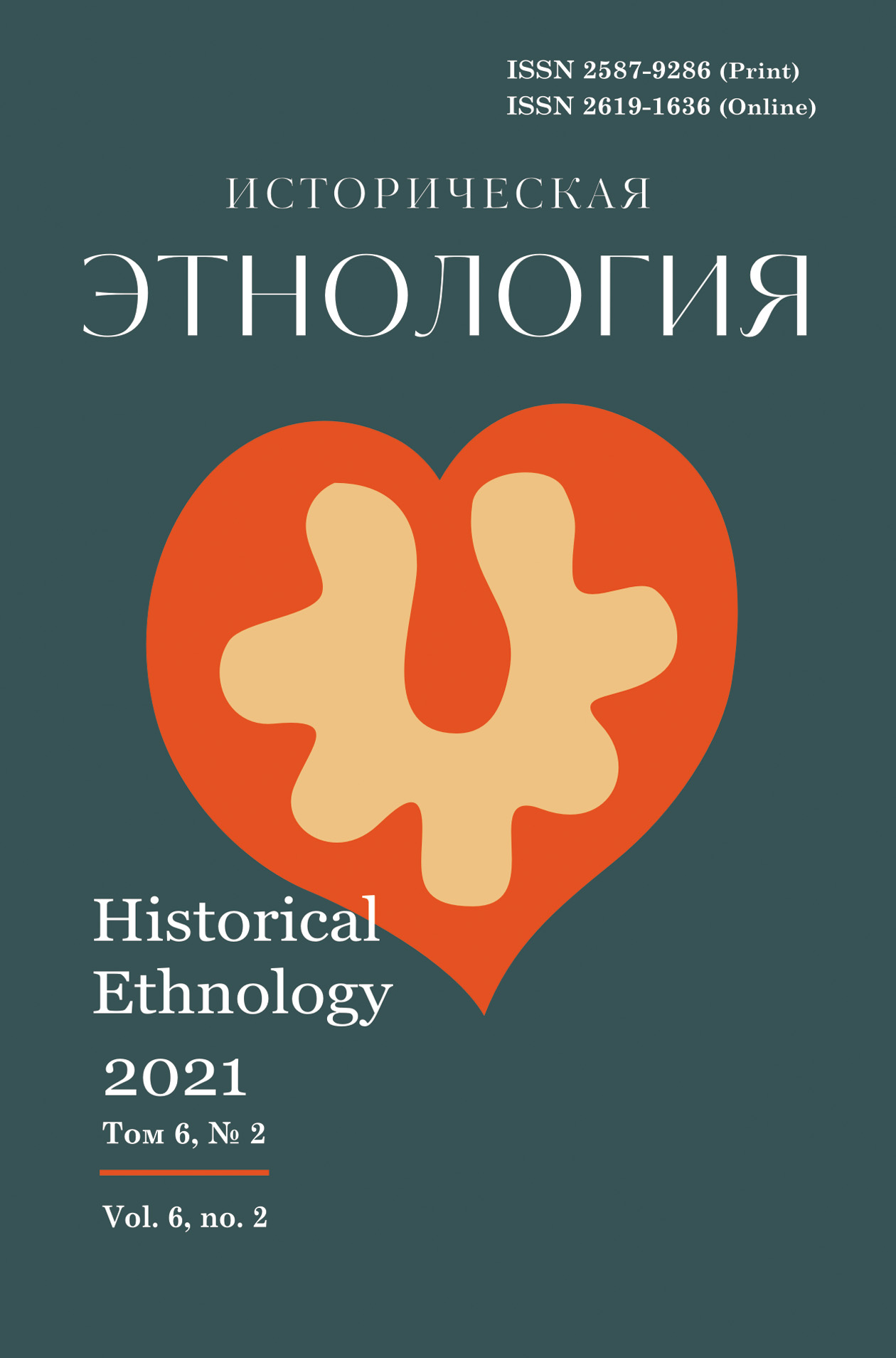
Main menu / 2021, vol.6, no.2 / Mustafaeva N.A.
Russian Language in Schools of Soviet Uzbekistan (the 30s–80s of the 20th century) Mustafaeva N.A.
194–207 p. doi.org: 10.22378/he.2021-6-2.194-207 The massive introduction of the study of the Russian language by the Soviet authorities in the schools of Uzbekistan entailed significant changes in the social and cultural landscape of the republic. The Bolshevik state, which carried out a mass experiment to create a “new society” and a “new man” for the first time in history, considered language as an object of special manipulations aimed at achieving certain, not quite linguistic goals. The sphere of application of the Russian language in Soviet Uzbekistan was constantly expanding. The period under review was also marked by a change in the vocabulary fund. A tendency to supplement the national vocabulary with words of Soviet-international origin began to manifest; the words and expressions contained in the potential of national languages, which once used by representatives of the previous generation intelligentsia, gradually started to go out of use. The situation began to worsen due to the multilingualism that arose in different years as a result of the evacuation and migration of the population to Uzbekistan. The number of multilingual speakers increased as a result of the introduction of the local population to industrial forms of production and inclusion in the appropriate social and cultural environment. The large-scale social and cultural engineering project undertaken by the Soviet state to ensure the compulsory teaching of the Russian language led to significant changes in the social and cultural contours of Uzbekistan society; and what is more, it influenced the forms of cultural identity of the indigenous population. Keywords: Uzbekistan, Russian language, secondary schools, national language policy, curriculum, native language, writing reform For citation: Mustafaeva N.A. Russkiy yazyk v shkolakh sovetskogo Uzbekistana (30–80-e gg. XX veka) [Russian Language in Schools of Soviet Uzbekistan (the 30s–80s of the 20th century)]. Istoricheskaya etnologiya, 2021, vol. 6, no. 2, pp. 194–207. https://doi.org/10.22378/he.2021-6-2.194-207
REFERENCES Crips S. Soviet Language Planning since 1917–1953. Language Planning in the Soviet Union / Ed. Kirkwood M. London, 1989, pp. 23–45. (In English) About the author: Nodira A. Mustafaeva, Doctor Sc. (History), Head of the Department of Social and Humanitarian Sciences, the Academy of Sciences of the Republic of Uzbekistan (70 Academician Yahyo Gulamov St., Tashkent 100047, Republic of Uzbekistan); nodiramus69@mail.ru
Received November 5, 2021 Accepted for publication November 22, 2021 Published Online November 29, 2021 |
Istoricheskaya etnologiya Historical Ethnology
Scientific journal







